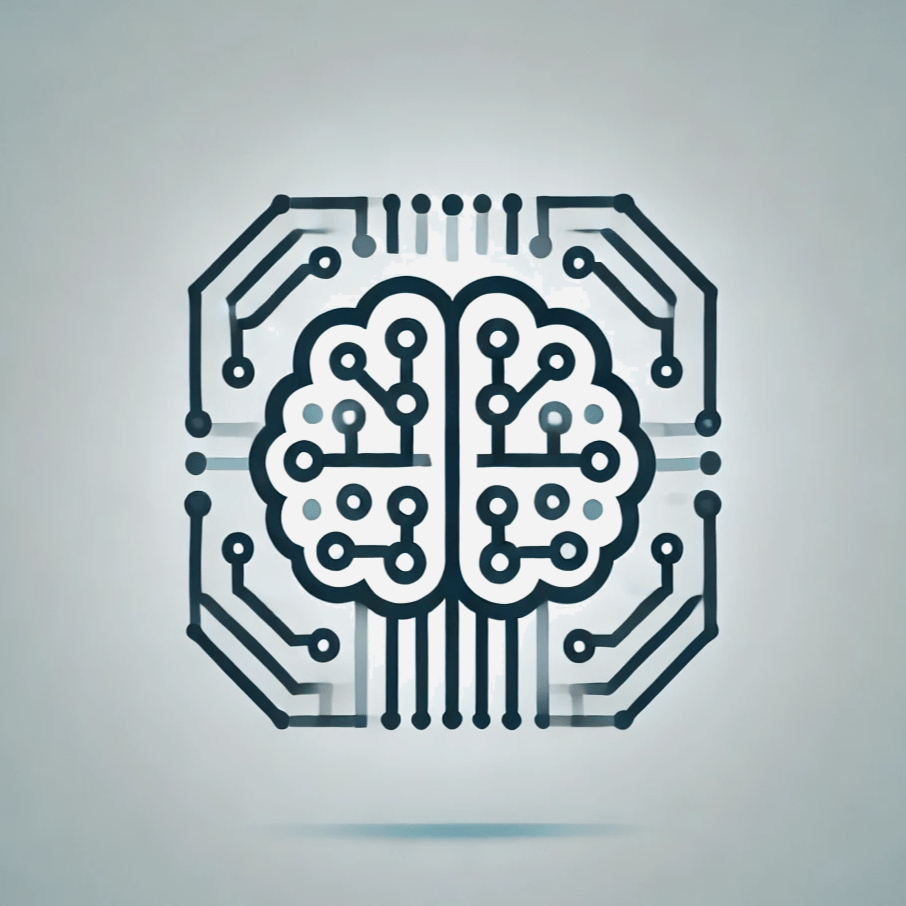“AI considerations” workshop
Develop policies for ethical use of Generative AI
In this workshop, you will learn about the ethical and legal implications of using generative AI and how to develop guidelines and policies to ensure your employees know what to do in any situation.
How should you deal with the increasing use of Generative AI in your workplace?
Generative AI is becoming more capable by the day, with more and more users adopting it for both personal and business purposes. This makes it vital that companies provide clear guidelines and policies to employees on how generative AI should be used AND when.
For example: are employees allowed to enter company data into ChatGPT? Should a human always be involved in customer interactions? How do I teach my employees to use AI responsibly?
In this workshop, you will learn about the ethical and legal implications of using generative AI and how to develop guidelines and policies to ensure your employees know what to do in any situation.
Open workshop “AI considerations”
- Full day (5 effective hours).
- Available in Dutch and English.
- € 550 (excl. VAT) per person; for groups of more than 5 people, contact us for a customized price.
- For organization leaders and policy makers.
At the end of this workshop, you will
- Understand what ethical considerations must be taken into account when implementing AI.
- Understanding recent developments in ongoing and proposed regulatory frameworks such as in the GDPR and EU AI law.
- Have drafted your own draft policy regarding the use of generative AI by employees.
About Generative AI
Artificial Intelligence (AI) is a field within computer science that enables machines to perform tasks that normally require human intelligence, such as decision-making, language comprehension and pattern recognition. AI works by analyzing large data sets, identifying patterns and improving them over time using machine learning
An important type of AI is generative AI, which creates new content, such as text, images or designs, based on the patterns it has learned. For example, generative AI can write reports, generate images or automate tasks such as data entry.
The unique advantages
- AI streamlines repetitive tasks, freeing up valuable time.
- Reduces human error and improves decision making.
- Processes data and makes decisions faster than humans.
- Generative AI creates customized content and solves creative challenges efficiently.
- By automating routine processes, AI increases the overall efficiency of the organization.

